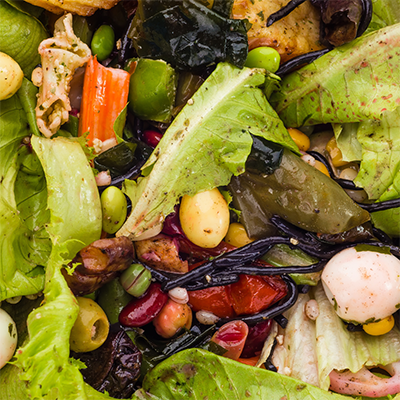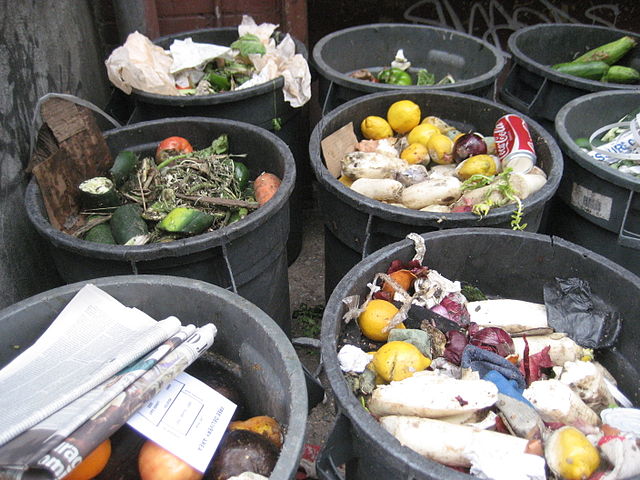Lets work together



Suite 3A, Chapel Allerton House, 114 Harrogate Road, Leeds, LS7 4NY
ukinfo@integrated-skills.com
+44 (0) 3300 888 670
Sectors we work in:
Strategic modelling for food waste collections and “Simpler Recycling”

In late October 2023, the Government released the details of their recycling reform plan for England which included a weekly food collection service that should be in place across the country by March 2026, as well as unified rules for what can be recycled for all residents, educational establishments and businesses. The aim is to “boost recycling rates and protect the environment”. Currently, only about 50% of English councils collect food waste separately.



The new rules on food waste collection are broadly welcomed by the industry, but they do create some challenges for local councils – especially when considering the makeup of the existing fleet.
Do you have the most suitable mix of vehicles to manage an increase in food waste collections? Will your current capacity cope with the expected increase in demand?
English local authorities need to conduct modelling of predicted food waste collection tonnages – by household and property type – and match that to their fleet capacity. ISL works with local authorities to model the optimal fleet whether that be a separate fleet for food waste collection or fitting food waste pods on to new RCVs being purchased, as well as a host of other options. Each outcome is unique to the client’s own, local demands.
Using the World leading RouteSmart route optimisation software in tandem with Ordnance Survey data and the client’s own sources, ISL can:
Planning for Food Waste Services – Best Practice
Food Waste
Would you like to know more about Food Waste & Recycling? Fill in your details below and let us know how we can help.
Website Designed & Built by we are CODA